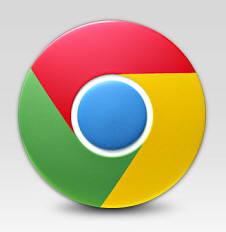
Chrome for Android updates swiping gestures, offers search by image
Google has released Chrome for Android 30 FINAL, a major new update to its mobile web browser. The main highlight in version 30 is updated swiping gestures, but other new features include the ability to search by image, faster searching through the Google Search app and improved password sync.
The chief changes are three updated swiping gestures. Users can now swipe horizontally across the top toolbar to quickly switch back and forth between tabs, or drag vertically down from the toolbar to enter Tab Switcher view.

New tablet family and updated laptops from Dell emphasize connectivity and sharing
Fresh from investor approval of a buyout by its founder, Dell has announced a new family of tablets and an updated range of XPS laptops. The Venue tablet range comprises four ultra thin models designed to deliver class-leading performance and quality with compact designs to help people stay in touch whilst on the move.
The Dell Venue tablets are available in Windows and Android versions. The lightweight Dell Venue 8 Pro runs Windows 8.1, has a bright HD IPS display, advanced connectivity options and provides long battery life. Office 2013 Home & Student is included with the device and there's the option of Dell Active Stylus.

Jelly Bean approaches 50 percent Android market share
Jelly Bean has long surpassed Ice Cream Sandwich and Gingerbread in the Android distribution charts, and is steadily approaching the 50 percent mark in green droid popularity based on the number of devices accessing Google Play during the seven days ending October 2.
In this month's distribution charts, Jelly Bean accounts for 48.6 percent share (45.1 percent a month ago). Unlike previous months when Android 4.3 was not taken into account due to its low market share, in early October we see the latest iteration listed with a modest 1.5 percent distribution level. Android 4.1 still takes the lion's share with 36.5 percent (previously 36.6 percent) share while Android 4.2 reached 10.6 (previously 8.5 percent) percent of all registered devices.

MyIT makes it easier for companies to embrace BYOD
Demand from employees to use mobile devices with different operating systems and applications is the bane of IT managers' lives at the moment. BMC Software aims to ease the burden with its latest version of MyIT. Featuring major new OS expansions and a new HTML 5 universal client to support mobile, desktop and laptop devices, MyIT 1.5 delivers single-point access to a variety of company resources from any device.
We looked at the MyIT app back in June at which time it was only available for iOS devices. The new version delivers native Android support, a wide array of new self-service features, enhanced language support, and fast and convenient integration with BMC AppZone for enterprise app store access.

Just how much trust can you put in benchmarks? Is Samsung tricking us?
Benchmarks are important. The quoted figures for any piece of hardware are all well and good, but potential buyers need to know how a hard drive, processors, computer, tablet or smartphone really performs. After all, two processors with a clock speed of 3GHz do not necessarily perform equally well, and it is only through testing that it is possible to determine which one comes out on top. Few people have the means to go out and compare two similar pieces of hardware, so this is where benchmarks prove useful.
People use smartphones and tablets for different things. One person might be happy being able to take notes and make phone calls, while someone else might be looking for a 60fps hi-def gaming experience. Here benchmarks matter. It is important to be able to accurately compare devices using reliable figures. If you want to know how quickly phone A shifts pixels around the screen compared to phone B, it is important that the tests are performed in the same way, and are carried out fairly.

5 reasons not to root Android
Android is well known for its seemingly never-ending customization options and its permissive rooting credentials (well, among other things). Distributions that cannot be modified to enable elevated permissions are quite rare, as enthusiasts seek to have virtually every possible feature available at their disposal. But should you pursue that path? Does root provide what you need, or what you think you need?
There are a couple of good reasons why you probably should root Android. I've explained them in a past article. But, on the other hand, root is not for everyone, as the risks can far outweigh the benefits and you are likely to regret your decision once things get messy (and they can get messy). So here is why you should not do it.
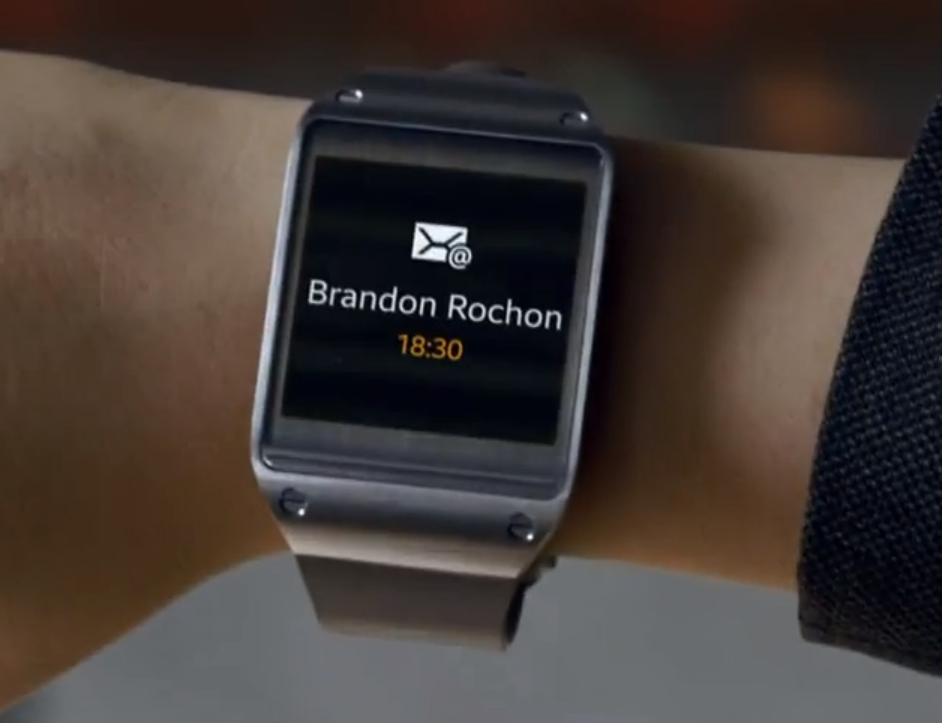
Samsung Galaxy Note 3 and Gear ad shows off devices' potential
We are now just days away from the launch of the Samsung Galaxy Note 3 and Galaxy Gear. If you're yet to be caught up in the hype and excitement, Samsung's first commercial for the two devices could help to whip you into a frenzy. There's a slight cinematic quality to the ad which is… well… take a look for yourself. "Different" is perhaps the word.
The advertisement finds us following an artist as she uses the two devices to help her prepare for a dance performance in the evening. We see the star of the ad flick through My Magazine whilst getting ready to leave the house before showing off the Air Command and Action Memo feature when making a note of an interesting event advertised on a poster in town.

Low-end Windows Phones succeed where high-end iPhones fail -- in Europe
Microsoft is going after Apple's number two spot in the European smartphone OS market as Windows Phone is steadily approaching iOS across five major local markets, according to a new report from research firm Kantar Worldpanel. Unsurprisingly, the dominant player is Google's Android, that has yet to show any noticeable signs of weakness against its less popular rivals.
In the five major European markets -- France, Germany, Italy, Spain and UK -- Android handsets accounted for 70.1 percent of all smartphones sold between June and August 2013. In second place is iOS with 16.1 percent market share, followed by Windows Phone with 9.2 percent market share. Compared to the same period, last year, iOS and Windows Phone grew by 14.18 and 80.39 percent, respectively. The latter of the two is growing much faster than its main rival, which could lead to a different hierarchy in little over a year, assuming the same growth rate is maintained.

The most popular stories on BetaNews this past week -- September 22-28
Microsoft held an event in NYC to launch the Surface 2 and Brian was live-blogging. The full video of the launch is available to view online as are advertisements that show off the tablets' versatility. Microsoft is pinning a lot on the updated product after the first generation suffered from poor sales. There were no great new features, but there is a redesigned kickstand, a healthy speed boost, new dock and updated covers -- Brian was particularly impressed by the Blades.
Anyone buying a Surface 2 or Surface Pro 2 earns themselves a SkyDrive upgrade. Purchase a new device and your online storage gets upgraded to 200GB, but the same amount of space is available for $100 per year. Moving away from Surface-related news, Microsoft turned its guns on Google Docs, highlighting user complaints to demonstrate the superiority of Office 365.
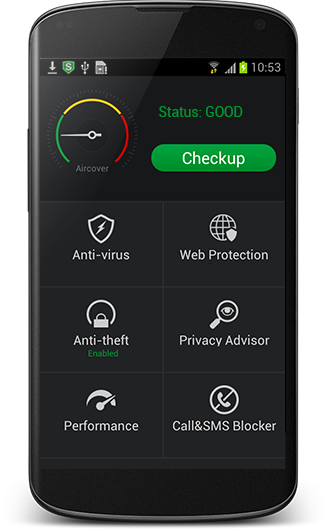
AirCover Security promises all-in-one protection for your Android device [Review]
All of the major antivirus firms -- big names like Symantec, McAfee, AVG and Kaspersky -- offer mobile security apps for Android which can help protect against malware and theft. There are offerings from lesser known companies available too.
BlueSprig is a newcomer in this field, but its AirCover Security Android app is a comprehensive offering which can protect against malware and theft, help boost your privacy, block unwanted calls and SMS messages, and safeguard you on the web, as well as optimize your system.

Office of Fair Trading says games should not encourage in-app purchases by children
The Office of Fair Trading (OFT) is calling on the games industry to avoid pressuring children into making in-app purchases in games and potentially running up large bills. Back in April, an investigation began into the ways in which children are pressured into making in-app purchases. 38 web and app-based games thought to appeal to children were looked at, and the results of the investigation are available in the Children's Online Games report.
The OFT aimed to determine whether the way in-app purchases were presented could be considered "misleading, aggressive or otherwise unfair". As a result of the investigation, the OFT has drawn up a set of eight proposed principles that apps and games should follow. The principles include clearly and prominently informing app users about the potential for costs to be incurred through the app. It is suggested that users should be able to fully understand the current and future costs associated with any app they download.
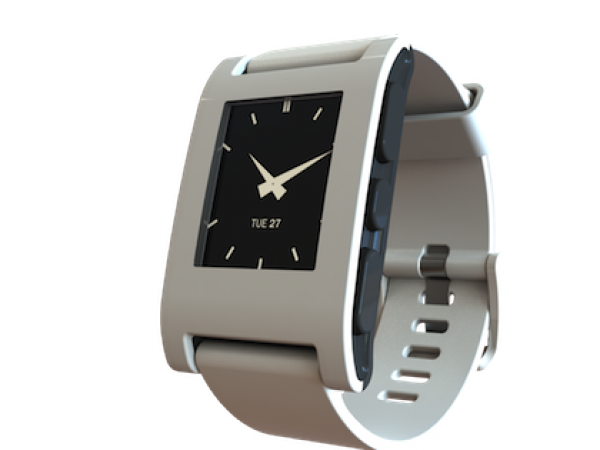
Pebble smartwatch comes to AT&T
Following Samsung's Galaxy Gear, another smartwatch enters AT&T's portfolio. The US mobile operator has announced that its customers will be able to pick up the Pebble, one of the most popular devices of its kind. It will be available starting tomorrow, September 27, from AT&T's online store and "select" retail locations.
Unlike the Galaxy Gear which costs $299, AT&T will sell the Pebble for $150 which is the same amount that users would have to pay when buying it from the official website. For the money, buyers get a smartwatch which works in conjunction with Android and iOS handsets via a Bluetooth connection. As one of the first devices to gain traction on the market, the Pebble has an attractive ecosystem developed around it: there are various apps and ways to customize it.

Twitter Alerts delivers the information you need in emergencies
Twitter announces details of its new Twitter Alerts service which will make it possible to disseminate information when other methods fail or when large groups of people need to be notified about something. What does this mean? In times of national emergency, crisis or natural disaster, Twitter Alerts could be used to provide details about what is happening and what steps are being taken by authorities.
In times of emergency, it is very common for people to turn to the internet. But as we know all too well, the internet is home to a wealth of misinformation so this could end up to be less helpful than it should be. A number of international organizations have already signed up to be part of Twitter Alerts including the American Red Cross, FEMA, the World Health Organization, and various police and fire departments. Other interested organizations are invited to take part.
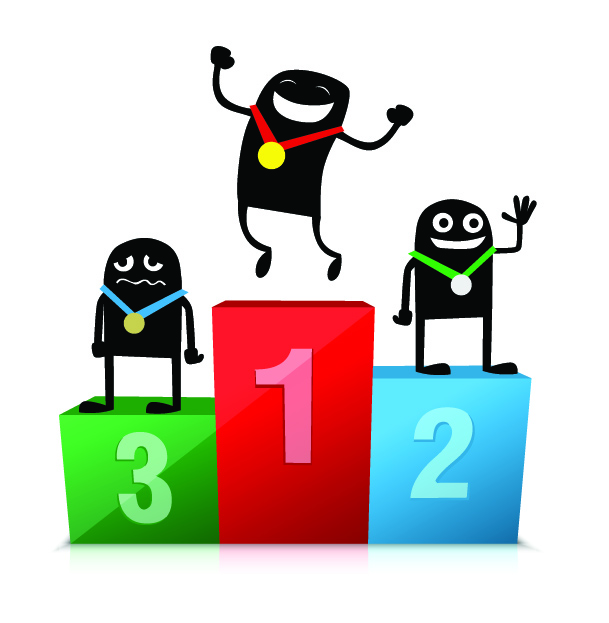
Windows Phone is the least usable mobile OS in the world
The release of iOS 7 seems like as good a time as any to reassess the mobile operating system market, and this is precisely the thinking of Pfeiffer Consulting. The firm pitted Android, Blackberry 10, iOS 7, iOS 6 and Windows Phone 8 head to head (to head to head to head), comparing the aspects of the OS that have direct impact on user experience. Rated in four key areas, Windows Phone 8 came bottom of the list in terms of overall usability.
The results are quite damning. Looking at what the report terms "cognitive load" (how easy it is to pick up the OS), Windows Phone 8 actually fared well, receiving the same rating as iOS 7 and being praised for its "streamlined user interface". However the OS is criticized for reducing the overall user experience and efficiency.
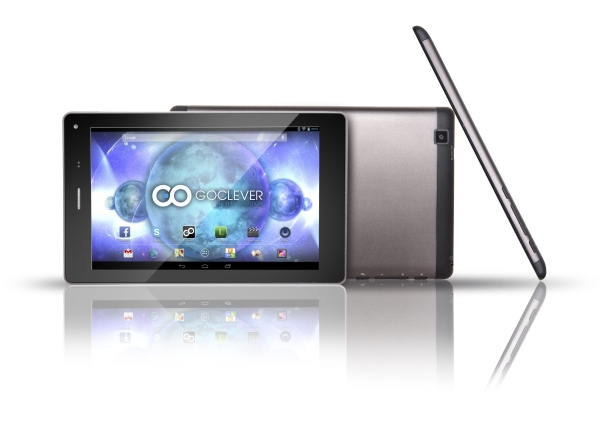
GOCLEVER announces 7-inch Aries 70 to bridge phone/tablet divide
With the release of the Nexus 7, Tesco's Hudl and new Kindle Fire HD and HDX, there are certainly plenty of tablets to choose from with screens around the 7-inch mark. GOCLEVER is the latest contender to enter the ring, announcing the availability of the 7-inch Aries 70.
Although this is a tablet with a budget- to mid-range price tag (£159.99 or €189.99), there is still a quad-core processor lurking in the innards -- pegged at 1.2GHz. Integrated GPS is a useful feature and, coupled with the 3G connection, makes it ideal for popping on the dashboard and getting directions on the road. The preinstalled maps perhaps reveal the Aries 70's roots or target market -- if you need to find your way around Poland, the Czech Republic or Slovakia, you're good to go right out of the box!
